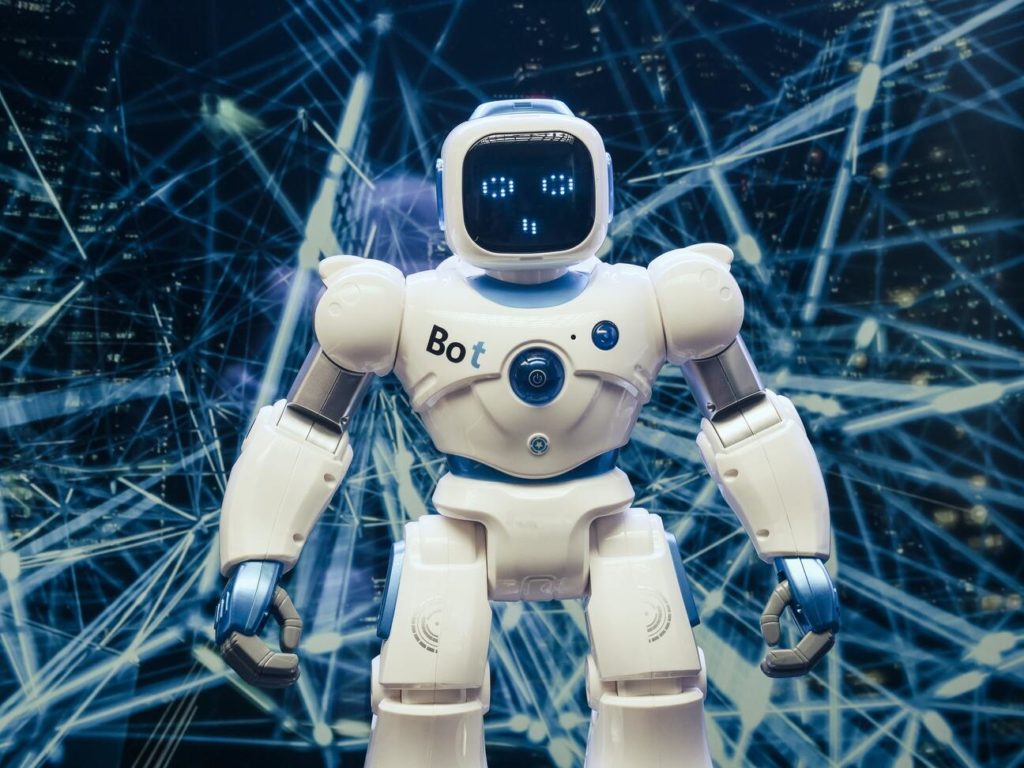
In recent years, the seamless integration of Artificial Intelligence (AI) technologies into robotics has catalyzed a revolution in industrial automation. Robotic automation, empowered by AI, offers a transformative paradigm shift in various industries, enabling autonomous decision-making, streamlining processes, and enhancing efficiency and productivity. From manufacturing and logistics to healthcare and agriculture, AI-driven robotic automation is pioneering a new era of intelligent machines that collaborate seamlessly with human workers, opening up a world of possibilities for innovation and progress.
Enhancing Robotic Autonomy with AI
AI has empowered robots with cognitive capabilities, transforming them from rule-based machines into intelligent agents. Machine learning algorithms enable robots to learn from vast datasets and adapt to dynamic environments, making autonomous decisions based on real-time information. This enhanced autonomy allows robots to execute complex tasks with precision, reducing human intervention and maximizing operational efficiency.
Applications of AI in Robotic Automation
The applications of AI in robotic automation are vast and diverse. In manufacturing, robots equipped with computer vision and deep learning algorithms can perform intricate tasks, such as quality inspection and assembly, with remarkable accuracy. In logistics and warehousing, autonomous robots optimize inventory management and handle material handling, enabling efficient supply chain operations. In the medical field, robotic surgery assisted by AI ensures more precise and minimally invasive procedures, enhancing patient outcomes.
Collaborative Robotics: Humans and AI as Teammates
Collaborative robotics, or cobots, exemplify the synergy between humans and AI-powered robots. Cobots work alongside human workers, assisting with physically demanding or repetitive tasks. AI algorithms enable cobots to understand human gestures and intentions, facilitating natural interactions. This human-robot collaboration enhances workplace safety and efficiency, while also enabling workers to focus on tasks that require creativity and problem-solving.
Efficiency and Productivity Gains
AI-driven robotic automation brings significant efficiency and productivity gains to industries. Robots can work tirelessly without fatigue, leading to continuous production cycles and reduced downtime. AI-enabled predictive maintenance ensures that robots are serviced proactively, minimizing unexpected breakdowns and costly disruptions in operations. The ability to process vast amounts of data in real-time optimizes resource allocation and improves overall performance.
AI and Precision Agriculture
In agriculture, AI-driven robotic automation revolutionizes farming practices. Agricultural robots equipped with AI technology can identify and treat individual plants with precision, optimizing resource usage while minimizing environmental impact. Autonomous drones equipped with AI sensors monitor crop health, enabling targeted interventions and improving crop yields.
Future Possibilities and Ethical Considerations
As AI continues to advance, the possibilities for robotic automation are limitless. However, with this technological evolution come ethical considerations. Ensuring the responsible use of AI in robotics is critical to mitigate potential risks and prevent unintended consequences. Addressing concerns such as data privacy, fairness, transparency, and accountability are vital to building trust in AI-driven robotic automation.
A Collaborative Future of Intelligent Machines
AI in robotic automation has transcended conventional boundaries, propelling industries towards a future where human workers collaborate seamlessly with intelligent machines. The fusion of AI and robotics unlocks unprecedented potential for efficiency, productivity, and innovation across diverse sectors. As we navigate this transformative journey, a collaborative approach that values human expertise and ethical considerations will be key to realizing the full benefits of AI-driven robotic automation, ultimately shaping a world where intelligent machines and human workers complement each other, ushering in an era of unparalleled progress and prosperity.



